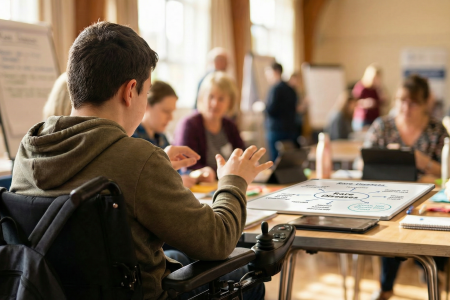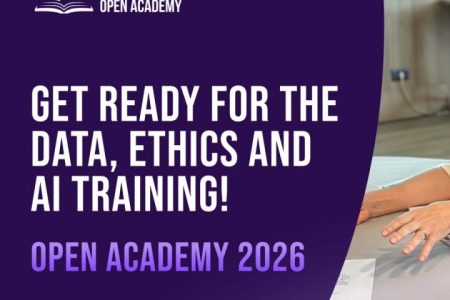With the agenda now finalised, the first part of the FAIR Training Program 2025–2027 promises three highly interactive afternoons packed with expert insights, case studies and practical exercises. Each day combines short keynote talks, real-world examples and Q&A sessions, making the sessions interactive and accessible for all experience levels.
FAIR Training Webinar – Agenda
The value and benefits of making data FAIR – The Why
Participants will hear directly from some of the leading experts in FAIR implementations. Mark Wilkinson (lead author of the FAIR Guiding Principles) will open Day 1 with a deep dive into the value and impact of FAIR data, joined by experts such as Ronald Cornet (research reproducibility and data reuse), Ellen Carbo (perspective of a Dutch Funding Organization, ZonMw)and Analisa Landi (GDPR and legal aspects). Together they will explore both the benefits and the practical challenges of making rare disease data FAIR.
FAIR Principles & FAIR Project Management – The What
Day 2 turns principles into practice. Speakers like Simone Louisse (patient perspective), Martijn Kersloot (FAIR principles and research data life cycle), Bruna Dos Santos Vieira and César Bernabé (making rare disease data findable, accessible, interoperable and reusable) will guide participants through the FAIRification journey. Interactive elements such as the (Un)FAIR Game with Marco Roos bring data management pitfalls to life in an engaging way.
Delving into advanced concepts and tools – The How
On Day 3, the focus shifts to advanced tools and future directions. Sessions led by Alberto Camara (FAIRification process), Mark Wilkinson (Semantic modelling and querying with SPARQL) and Ronald Cornet (European Health Data Space for rare diseases) will show how to model, convert and query data in machine-readable formats. You’ll also hear from Geerte van de Loo on how to navigate national legal aspects when implementing FAIR projects , Adrian Tassoni on lessons from ERN EURO-NMD registries, and Peter-Bram ’t Hoen and Dimitrios Athanasiou on the program’s next steps.
Each afternoon closes with moderated discussions so participants can ask questions, exchange experiences and leave with clear take-home messages.
The program promises a practical, collaborative learning environment designed to help those interested to apply FAIR principles in their own context: from first steps to advanced implementations.
Registration is still possible until Tuesday 23rd September at 12pm CET





